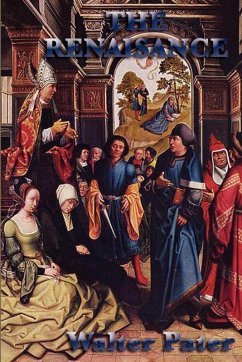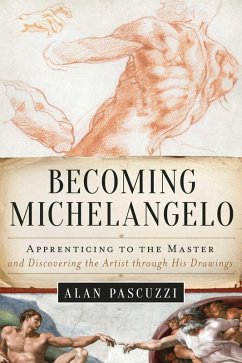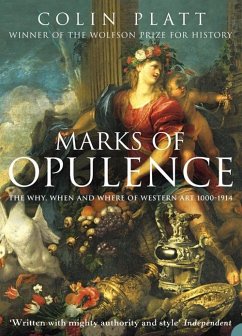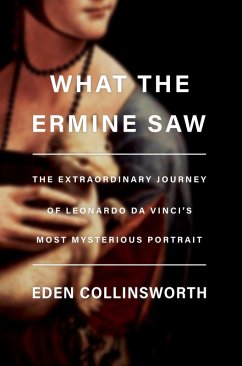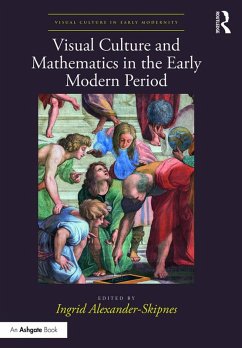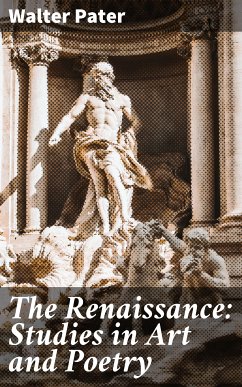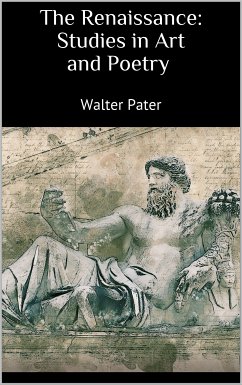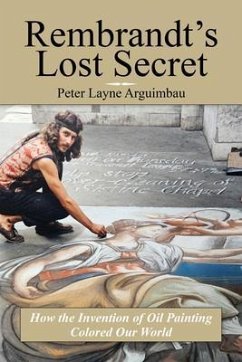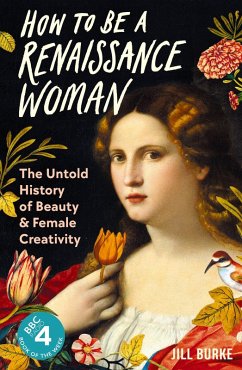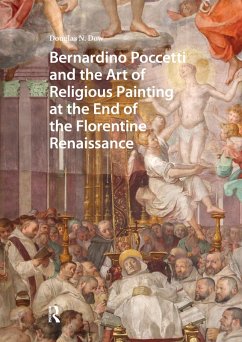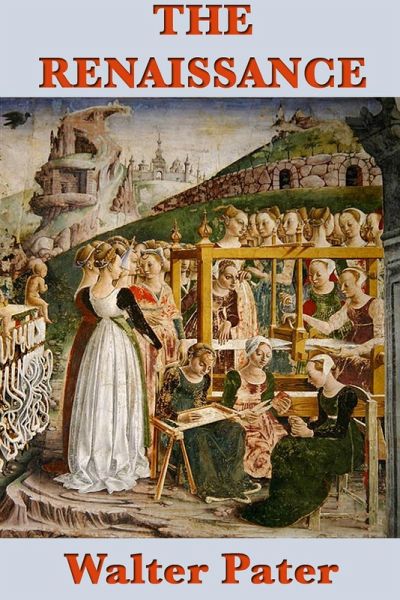
The Renaissance (eBook, ePUB)

PAYBACK Punkte
0 °P sammeln!
Pater's graceful essays discuss the achievements of Botticelli, Leonardo, Michelangelo, and other artists. included is his celebrated discussion of the Mona Lisa in a study of Da Vinci. This book concludes with an uncompromising advocacy of hedonism, urging readers to experience life as fully as possible. His cry of "art for art's sake" became the manifesto of the Aesthetic Movement, and his assessments of Renaissance art have influenced generations of readers. Oscar Wilde called this collection of essays the "holy writ of beauty."
Dieser Download kann aus rechtlichen Gründen nur mit Rechnungsadresse in A, D ausgeliefert werden.




